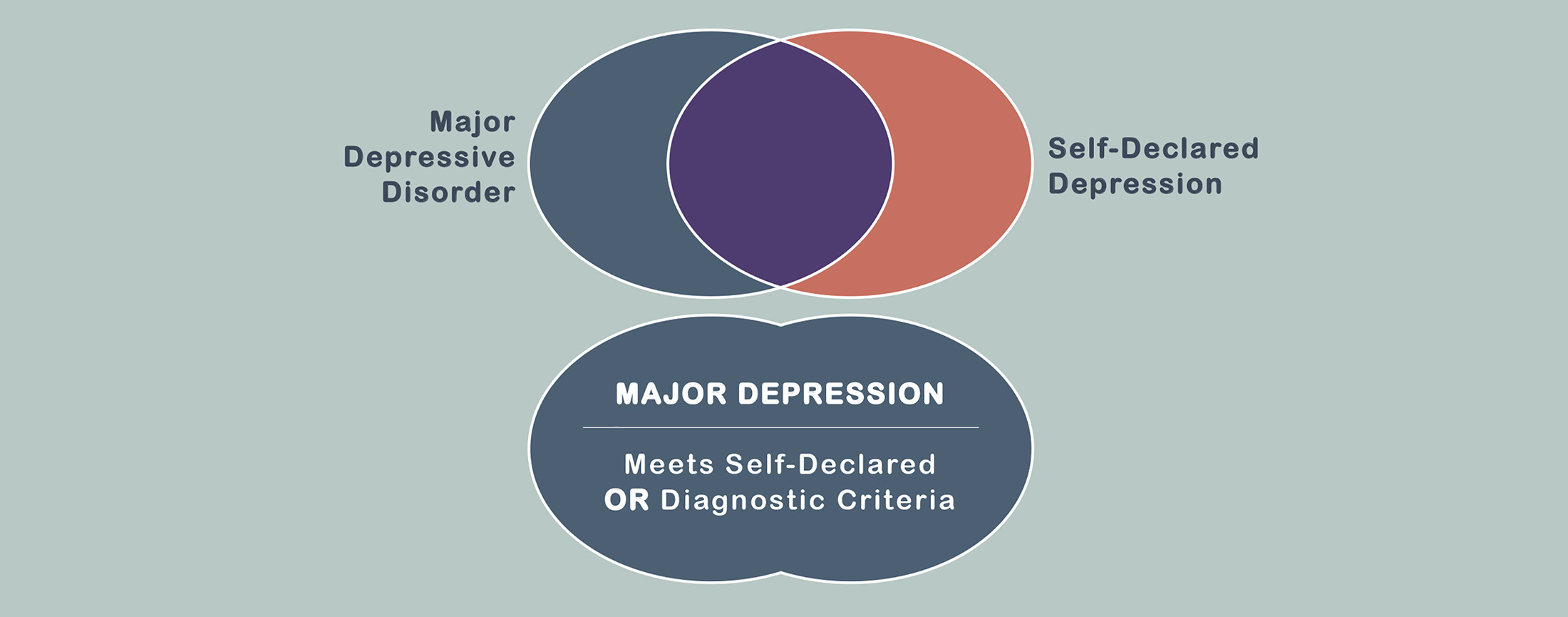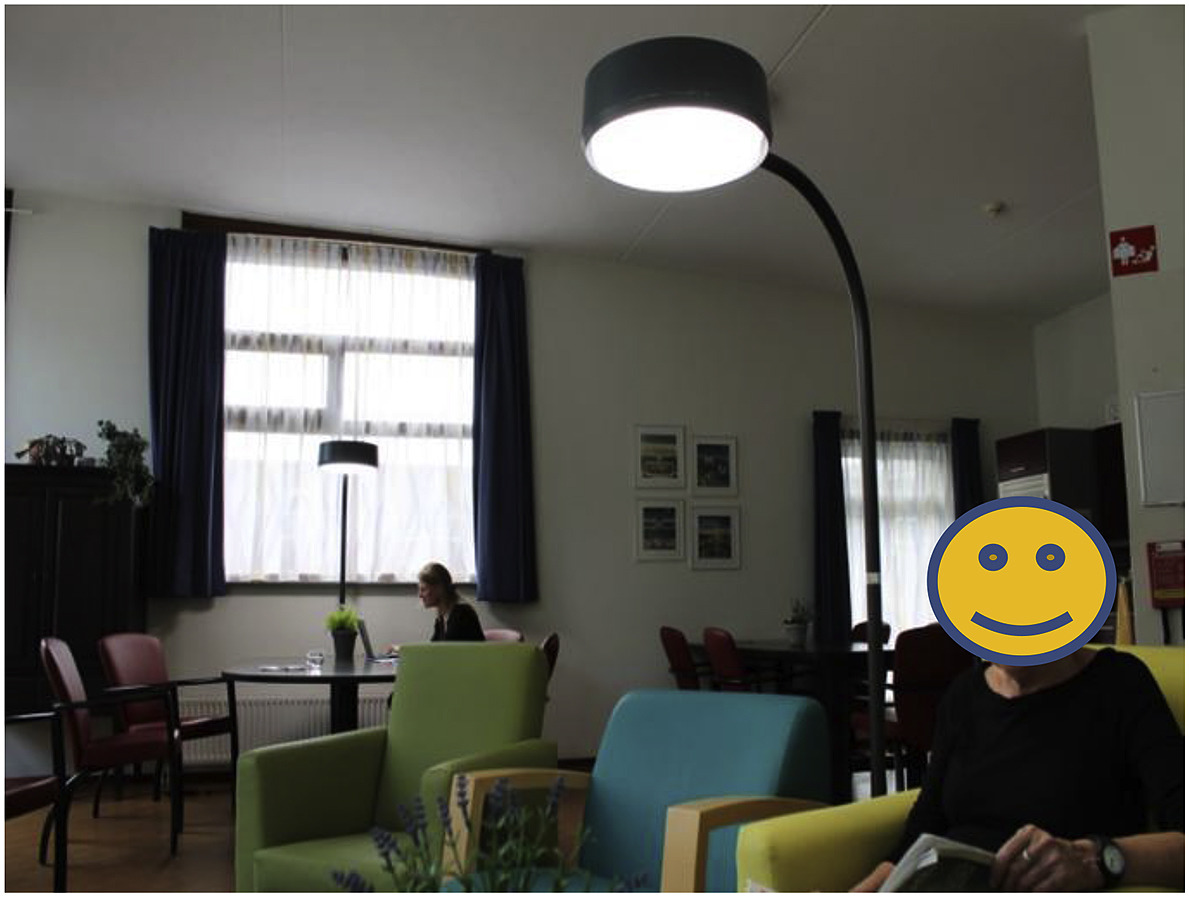Neuron, Volume 102, 3 April 2019
There have been several recent studies addressing the genetic architecture of depression. This review serves to take stock of what is known now about the genetics of depression, how it has increased our knowledge and understanding of its mechanisms, and how the information and knowledge can be leveraged to improve the care of people affected.
Biomass and Bioenergy, Volume 123, April 2019
Pyrolysis converts biomass into liquid, gaseous and solid fuels. This work reviews the existing models for biomass pyrolysis, including kinetic, network and mechanistic models. The kinetic models are based on the global reaction mechanisms and have been extensively used for a wide range of biomass under various operating conditions. Major emphases have been on the network models as these models predict the structural changes during biomass pyrolysis. Key aspects of various network models include reaction schemes, structural characteristics and applications to CFD simulations.
International Journal of Disaster Risk Reduction, Volume 35, April 2019
SLAS Technology, Volume 24, 1 April 2019
Free Radical Biology and Medicine, Volume 134, April 2019



